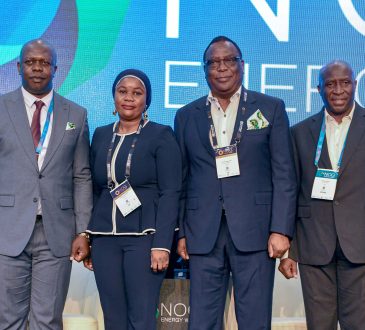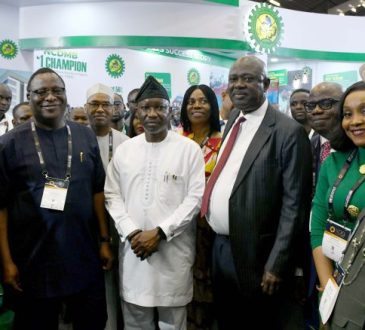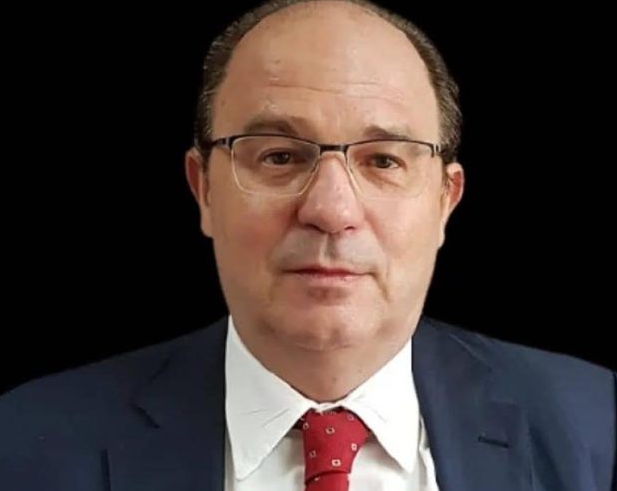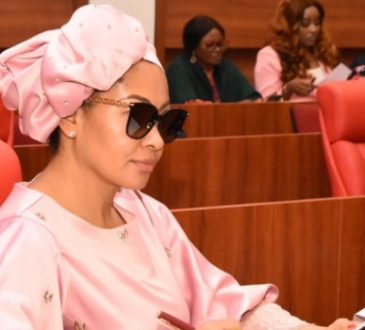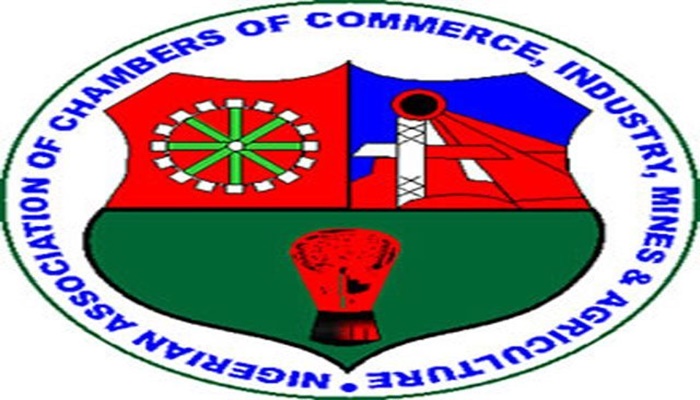
Some stakeholders have called for better information on the modalities surrounding the Africa Continental Free Trade Area (AfCFTA) Agreement.
The stakeholders, mostly drawn from various Chambers of Commerce and business communities in Africa, made the call on Monday during a Special Half-day Workshop in Addis Ababa, Ethiopia.
The consultative Workshop was tagged: ‘Preparing Business Associations For Start of AfCFTA Trading on July 1, 2020. Building The Right Toolkits.’
The workshop was facilitated by African Union Trade and Industry Department and AfroChampions Initiative.
It was held as part of agenda for the African Union Commission (AUC) and Coalition of Dialogue for Africa (CoDA) Policy Dialogue of African Business Associations on Implementing the AfCFTA Agreement.
The News Agency of Nigeria (NAN) reports that African Development Bank (AfDB) and the African Export – Import Bank (AFREXIMBANK) are also joint organizers of the stakeholder dialogue, which officially begins on Tuesday.
Stakeholders at the special workshop may have, however, set the agenda for discussion when they expressed fears about what is known about AfCFTA.
Commissioner for Trade and Policy, Mr Albert Mucharanga, who declared proceedings open, urged the stakeholders to mobilise the business community to trust the AfCFTA process.
“Let us believe in ourselves. Let us believe that there are opportunities for importers and exporters across the continent.
“I am begging you to enjoin your members in the private sector to ensure that they are ready to take full advantage of an expanded continental market,” he said.
Responding, the Director General of the Nigeria Association of Chambers of Commerce, Industry, Mines and Agriculture (NACCIMA), Amb. Ayo Olukanni, stressed on the need for more series of dialogue on AfCFTA.
According to him, the heart of the issue is to carry members of various trade and commerce associations along, with requisite information.
He said education of members on the realities of AfCFTA, which they can key into, was important.
“I don’t have all the information to educate our members on what they should expect to gain under AfCFTA; on how they can key into the initiative,” he said.
Olukanni also called on AFREXIMBANK to explain how the private sector can benefit from its $1 billion intervention fund.
Other participants, who spoke similarly, include Samuel Ayodele of African Business Roundatable, Walter Kamau, a Technical Advisor on Trade and Policy from Kenya, and Thomas Adjei, a Ghanaian Programme Analyst.
Ayodele said when a new initiative comes up, there’s always the euphoria surrounding it, without looking at the constraints.
According to him, most of policy decision makers on the continent, who would implement AfCFTA, have little knowledge.
Earlier, AFREXIMBANK representative, Yusuf Daya, said the bank had been working with the AU on promotion of intra African trade.
He gave assurance that the bank would be working with various central banks to ensure that importers and exporters can receive and make payments in local currencies.
“In a short time, there may be winners and losers.
“What AFREXIMBANK has done is to make available $1 billion to cushion the fallouts,” he said. (NAN)



